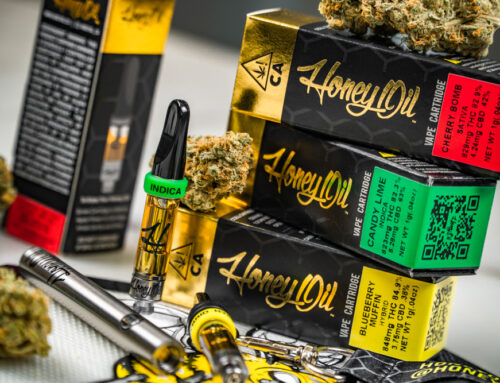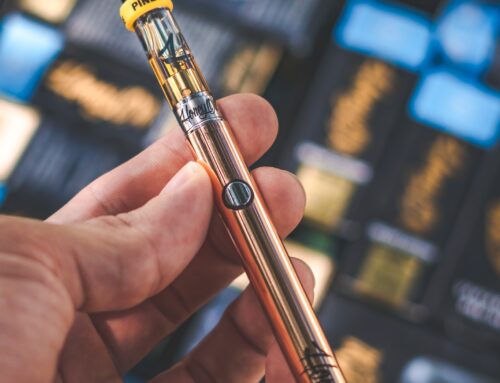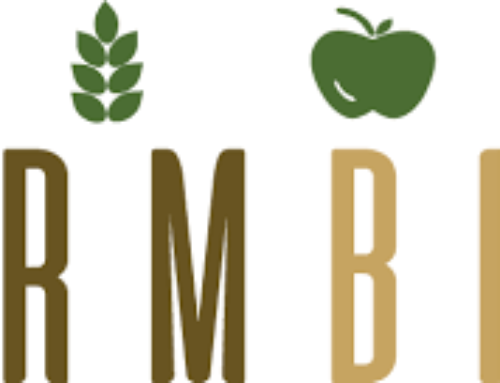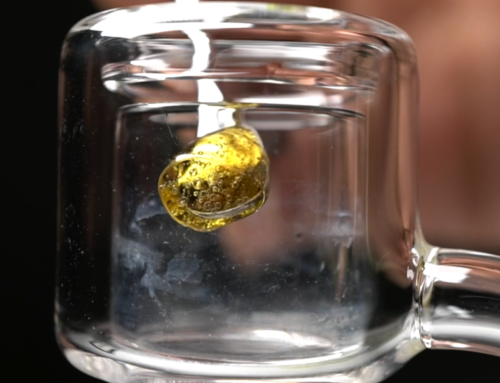 As you may have heard, CBD benefits are numerous and include reducing anxiety, nausea, seizures, and muscle spasms in both humans and animals. Additionally, CBD provides a natural alternative for pain relief and makes an effective sleep aid. As the legalization of marijuana continues to spread, many curious consumers have been left wondering what is CBD, and how is it different than THC?
As you may have heard, CBD benefits are numerous and include reducing anxiety, nausea, seizures, and muscle spasms in both humans and animals. Additionally, CBD provides a natural alternative for pain relief and makes an effective sleep aid. As the legalization of marijuana continues to spread, many curious consumers have been left wondering what is CBD, and how is it different than THC?
Cannabidiol (CBD) and tetrahydrocannabinol (THC) are two main cannabinoids found in the cannabis plant. Both compounds have the same chemical structure but react differently in the body. THC delivers that “high” sensation when it binds with the brain’s cannabinoid receptors. CBD effects the brain differently than THC because it does not bind with the same receptors, thus delivering its health and healing benefits without the “high.”

CBD oil is made by extracting the compound from the hemp plant. It is then turned into a CBD isolate or a full spectrum CBD oil. The isolate is stripped of excess elements, resulting in pure CBD. Full spectrum CBD still contains a very low level of THC (not enough to get you high—it has less than 3%), the fatty acids found in hemp oil, and some naturally occurring terpenes and vitamins.
 CBD is ingested in many of the same ways as THC, and at Honey Oil we offer a wide range of options for consumption. Smoke it in a pre-roll, dab the CBD isolate, or use a CBD vape. CBD cartridges for vapes come in 500mg or 1000mg options and a variety of flavors. CBD can also be consumed by mouth using a CBD capsule or tincture. The capsules are easily digestible and contain the pure CBD isolate. A CBD tincture can be mixed into food or dropped directly onto the tongue.
CBD is ingested in many of the same ways as THC, and at Honey Oil we offer a wide range of options for consumption. Smoke it in a pre-roll, dab the CBD isolate, or use a CBD vape. CBD cartridges for vapes come in 500mg or 1000mg options and a variety of flavors. CBD can also be consumed by mouth using a CBD capsule or tincture. The capsules are easily digestible and contain the pure CBD isolate. A CBD tincture can be mixed into food or dropped directly onto the tongue.
As THC and CBD differences become more widely understood, those who want the healing benefits associated with hemp can do so without any of the impairment of THC.




